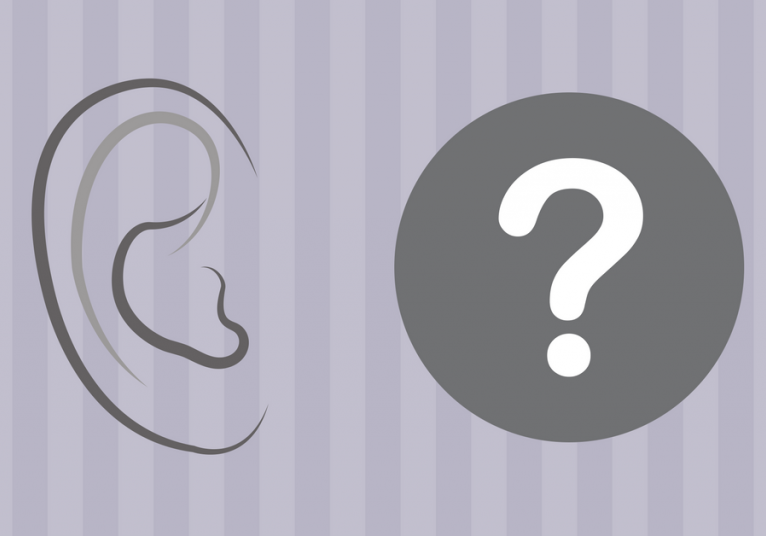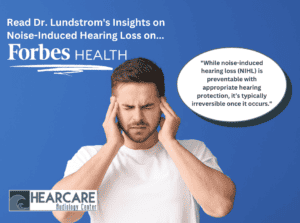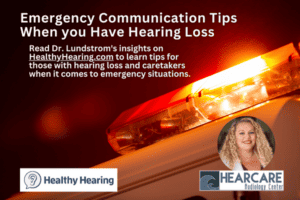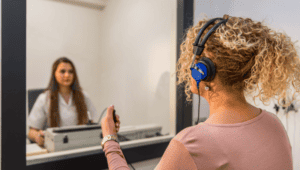
We’ve all heard the saying “Don’t put anything smaller than your elbow inside your ears”. While this saying is meant to be funny, it still is very true. A minimal amount of cerumen in the ears is actually healthy and prevents dirt/debris from entering the ear canal. An excessive amount of cerumen can cause pain or pressure and even hearing loss if it is completely occluding. This is when ear wax remove should be removed.
I get questions daily on how to safely clean out your ears. The number one rule is to NOT use q-tips! There is no way of knowing how much wax in is in your ears and how deep without someone looking in there and telling you. Therefore, the use of q-tips can lead to abrasions in the ear canal, can push in the wax in further (which makes it more difficult to remove later) and can even cause damage to the eardrum (which could cause hearing loss).
The only safe way to clean out your ears is to have either your Doctor or Audiologist clean them out or you can use over the counter ear drops such as Debrox. You can buy Debrox at your local drugstore and usually comes with a bulb syringe. You place the eardrops in your ears and let it soak for about 5-10 minutes. This softens the wax that is in your ears. Then you fill up the bulb syringe with room temperature water and gently flush your ears out to remove the wax. It may take several days for the wax to actually come out of the ears. This process is not difficult and much safer for your ears! You can always check with your provider afterwards to confirm that your ears are clear and healthy. This is the safest and recommended way of removing wax from the ears.
Authored by Jenilee Pulido, Au.D.

Text Size:
Request a Callback
Free Hearing Consultation
Hearing Test
You Might Be Interested in These Articles
Dr. Lundstrom’s Insights on Noise-Induced Hearing Loss Featured on Forbes
Dr. Lundstrom’s insights on noise-induced hearing loss were recently featured on Forbes Health! “While noise-induced hearing loss (NIHL)…
Dr. Lundstrom Featured on HealthyHearing!
Dr. Lundstrom’s insights on “Emergency Communication Tips” were recently featured on HealthyHearing.com! This article is a must read…
Dear Dr. HearCare: How Often Should I Test My Hearing?
If you are 65 or older, as part of your routine healthcare, you should have an annual hearing…
Request a Callback
It is often the small things that hold us back from making a decision. That’s why we are on hand to help.
Simply complete the Callback form to request a friendly, no-obligation conversation with one of our helpful team members.



